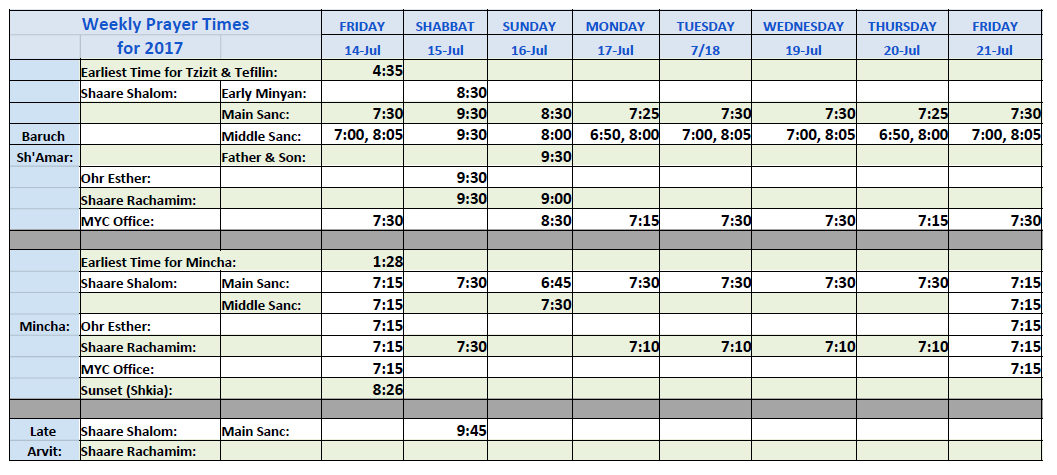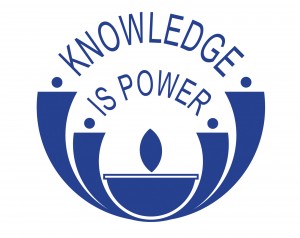Dear Friends;
I hope that you’ll enjoy the following Parsha summary followed by a Dvar Torah;
” Parsha in a Nutshell “
Moshe tells the people of Israel how he implored G-d to allow him to enter the land of Israel, but G-d refused, instructing him instead to ascend a mountain and see the Promised Land.
Continuing his “review of the Torah,” Moshe reminds them of the glorious seen at the Mount Sinai: ” Did ever a people hear the voice of G-d speaking out of the midst of the fire… and live? … You were shown, to know, that the L-rd is G-d… there is none else beside Him.”
Moshe predicts that, in future generations, the people will turn away from G-d, worship idols, and be exiled from their land and scattered amongst the nations; but from there they will seek G-d, and return to obey His commandments.
Our Parshah also includes a repetition of the Ten Commandments, and the first paragraph of the Shema. The Torah then tells us to bind “these words” as tefillin on our arms and heads, and inscribe them in a mezuzah and put them on the doorposts of our homes.
” Dvar Torah “
I would like to dedicate this week’s Dvar Torah Le Eluy nishmat “Reuven Ben Mashiach”, my late father Z”L who passed away 11 months ago. May he rest in peace;
The book of Devarim is all about Moshe’s final days in this world. So too, in this week’s Parsha, Moshe continues to prepare the Benei Yisrael for a life without his leadership in the land of Israel. He tells them that the secret to their survival in the promised land is by keeping the commandments of the Torah. So not to our surprise, he relates to them the Ten Commandments once again, and reminds them how important it is to keep them. Although, the wording of the Ten Commandments said by Moshe now is very similar to the one that they received at Mount Sinai about forty years before, but still, the commentators could find a few little changes.
One of the differences between Moshe’s version of the Ten Commandments and the original one found in the book of Shemot is found in the fifth commandment which is to “Honor your parents”. The pasuk says: “Honor your father and mother, as Hashem your G-d has commanded you, so that you may live long….” The Chachamim immediately notice that Moshe has added a phrase to this commandment which is: “as Hashem your G-d has commanded you”. This phrase was not mentioned in the first version of Ten Commandments. So, why did Moshe add this phrase?! What is the significance of this additional phrase?
Rabbi Frand explains that usually a mitzvah which sounds to be logical is much easier to keep. Honoring the parents should be common sense, since everyone who has a child knows that raising children is very costly, time consuming and needs a lot of patience, energy and dedication. Parents lose many nights of sleep and many days of work when raising a child. Accordingly, every person also understands that he has a moral obligation to repay his debt of gratitude to his parents. Therefore, the least people can do is to honor their parents. It’s not so difficult to make a small payment on such a large debt.
But G-d forbid, what if you think that your parents didn’t do much for you when you were a child? Do you still have to honor them? I remember once, that my grandfather told me that when he was a kid back in Mashad, many people in the Mashadi community were poor. The parents could not afford to spend money on their kids and the boys had to work from the early age of ten in order to support themselves and their families. But still, the children of those days had much more respect for their parents than we see today. And this is exactly what Moshe is trying to teach the Benei Yisrael that honoring parents should not depend on how much they’ve done for you in the past, but rather, you should honor your parents only because “Hashem your G-d has commanded you!”
It was so appropriate for Moshe to relate this message to Benei Israel now, after they had spent their last 40 years in the desert. Since during those years, raising children was much easier than it was ever before or after. The parents didn’t have to do much for their kids at all. They didn’t need to buy them food since there was manna given from heaven. The children didn’t need new shoes or clothing since nothing ever wore out! They did not need to pay for Yeshivas or Talmud Torahs; since the Levites taught them for free! They did not need to take them on vacations or put them in summer camps, and I’m pretty sure that they didn’t need to go to orthodontist either! Life in the desert for the parents was like a paradise since they didn’t have to do anything for their kids. But still, Moshe reminds them that the Torah demands that parents should be honored. Clearly, the obligation is to obey Hashem’s commandment rather than to repay a debt of gratitude.
Yes my friends, we don’t keep the mitzvot of the Torah because they make sense, but rather, we keep them because Hashem our G-d has commanded us. Judaism is not a religion of logic; it’s a religion of faith! We believe what Hashem asks us to do is 100% good for us whether we understand it or not. We don’t respect our parents because we have an obligation to repay a debt, but rather, we respect them because Hashem our G-d has commanded us. They are the ones who have given us our lives and that’s all the reason we need to love, respect and support them for the rest of their lives. The Torah is teaching us that the parents are not obligated to have done anything for us to earn their respect. We have to respect them no matter what! And to help us to do this great mitzvah, the Torah is even telling us the reward for it: “so that you may live longer”! Therefore, honoring parents is the best life insurance policy you can ever buy for yourselves!
Keep in mind that respecting parents is not only about showing them courtesy by kissing their hands and standing up in front of them when you see them. Honoring parents is also about supporting them physically, mentally and financially when they get older. Unfortunately, there may come some days that we have to miss work, sleep and leisure time in order to be with them and help them in every way we can. But in no way we should feel proud of our actions and feel special for what we do. This is the least that we could do for our parents, and I’m sure we would all do a lot more for them if we were able to. Respecting parents does not end when they pass away. We can still honor them by doing mitzvot and “maasim tovim” (good deeds). Because people know us as our parent’s children, and anything good we do, gives honor and respect to them and their legacy will live forever.
So my friends, if your parents are still alive, love and respect them as much as you can. This is what Hashem has commanded you and this is what your heart should desire. Cherish every moments with them, for you’ll never know the heartache until you see their empty chair…..
Shabbat Shalom & Regards;
Martin



You must be logged in to post a comment.